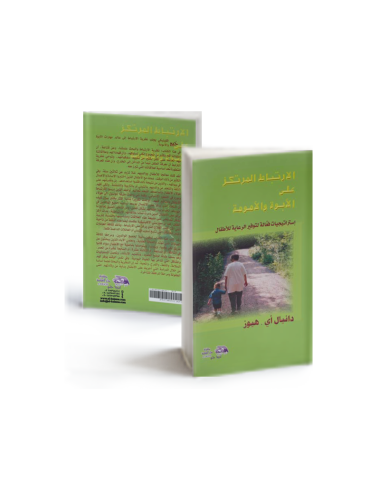the nineteenth of maquerk, based on proverbs 13:4
Sometimes Laziness has its own Reward
0 kg - 300 kg
Sometimes Laziness has its own Reward
Children can understand the importance of listening to others when they see how one proud insect learns her lesson in a most of unfortunate way.
Did Marcel’s philosophy of secrets achieve a push to the thought? People tend to hide secrets: his origins, his destiny, his existence, he is a collection of secrets. And above of all secrets, the secret of the existence or – according to Marcel - the ontology secret. Its different from the secrets of faith, or theology secrets.
Sometimes Laziness has its own Reward
“[Alice Miller] illuminates the dark corners of child abuse as few other scholars have done.”―Jordan Riak, NoSpank.net
Rare and compelling in its compassion and its unassuming eloquence...her examples are so vivid and so ordinary they touch the hurt child in us all NEW YORK MAGAZINE
“Daniel Hughes has done more here than translate the science of attachment theory to the general reader. He offers readable, thoughtful, practical tools capable of transforming relationships. 8 Steps to Building Your Best Relationships has the power to change your life.” — Terry Real, founder of the Relational Life Institute (RLI) and author of The New Rules of Marriage
“[A] practical text for students and professional interested in learning how to parent with attachment in mind…an excellent book, and I would recommend it to every trainee and to parents...” (The Journal of the Canadian Academy of Child and Adolescent Psychiatry)
In this clear and provocative account of the epistemology of religious experience, William P. Alston argues that the perception of God-his term for direct experiential awareness of God-makes a major contribution to the grounds of religious belief. Surveying the variety of reported direct experiences of God, Alston demonstrates that a person can be justified in holding certain beliefs about God on the basis of mystical experience.
An examination of childhood trauma and its surreptitious, debilitating effects by one of the world's leading psychoanalysts.
Never before has world-renowned psychoanalyst Alice Miller examined so persuasively the long-range consequences of childhood abuse on the body. Using the experiences of her patients along with the biographical stories of literary giants such as Virginia Woolf and Marcel Proust, Miller shows how a child's humiliation, impotence, and bottled rage will manifest itself as adult illness―be it cancer, stroke, or other debilitating diseases. Miller urges society as a whole to jettison its belief in the Fourth Commandment and not to extend forgiveness to parents whose tyrannical childrearing methods have resulted in unhappy, and often ruined, adult lives.
Children can understand the importance of listening to others when they see how one proud insect learns her lesson in a most of unfortunate way.
Children can understand God's plan for our spoken words when they see how a pair of name-callers almost learn their lesson the hard way.











